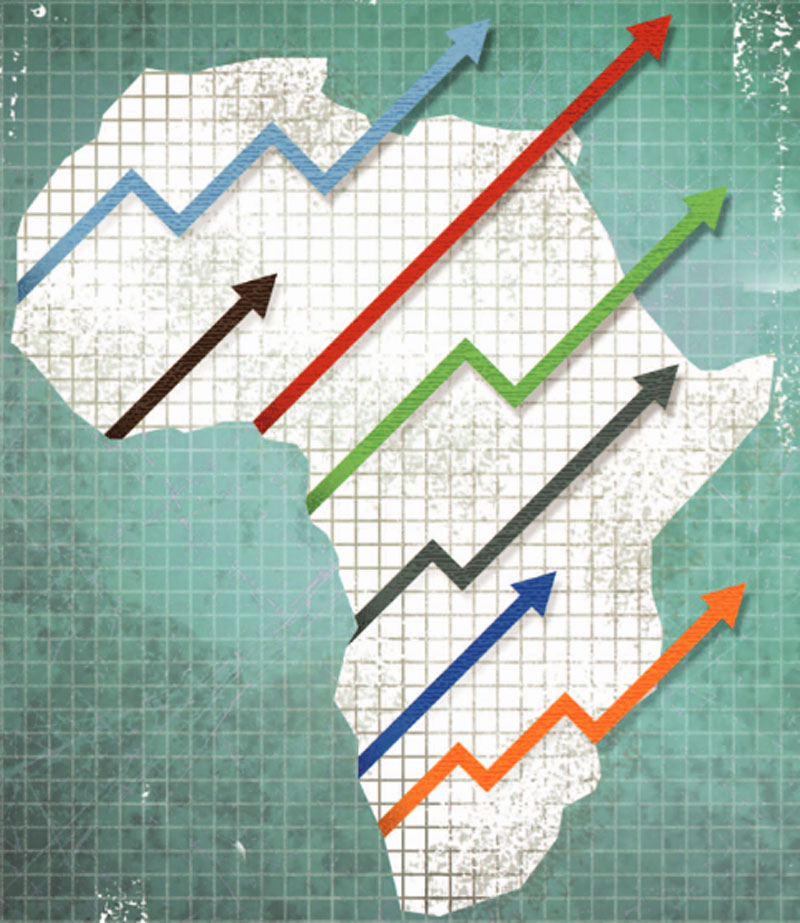How to Find Companies Looking to Sell Their Products in Africa.
How to Find Companies Looking to Sell Their Products in Africa.
One of the biggest challenges for businesses in Africa is finding customers. The potential demand is there, but finding where to locate your business can be difficult. If you want to sell your product, you need to find companies that are looking to buy products from Africa.
If you’re interested in selling your products in Africa and you don’t know where to start, this article will help you do so with ease. In just five simple steps, we’ll teach you how to find businesses in Africa looking for a product like yours.
Start with Google
To start, you need to run a search in Google. Simply type “companies looking for products in Africa” in the search bar and hit enter.
Google gives you a list of all the companies that are looking for products from Africa.
The first thing you’ll notice is how long the list is. There are over 1 million results. This lists will show every company that has searched for this keyword on Google, so it’s important to narrow down your search by using filters such as country, industry, and size of company.
You can also specify what kind of product you’re selling and how much you’re willing to ship them per order. The more advanced your criteria, the less results you’ll get back on Google.
This approach will help cut down your results and make it easier for you to find what you’re looking for: businesses who want African products like yours!
Search for companies in Africa
If you’re looking to export your products to Africa, first, you’ll need to find companies that are interested in buying the products you offer. To do this, you can use an online directory.
If you don’t have a specific company in mind, try searching for companies in Africa that would be interested in your product. You can do this by using a directory like African Businesses or African Suppliers Directory.
These directories will list many businesses from Africa looking for various types of goods and services. It might take a few minutes to find the company you’re looking for, but it’s worth it!
If you have a specific company in mind, searching through these directories will be much easier. For example, if your product is specifically targeted at children’s clothing, search for “children’s clothes” and click on the country of interest to see the relevant items available from suppliers there.
Find websites of these companies
in Africa
If you know the type of company in Africa that you want to contact, use Google to find their website. Search for “company name + country” in Google. For example, if you are looking for companies in Kenya, search “Kenya company.” You can also try using LinkedIn or Facebook to find a business’s websites.
Create a shortlist of companies
in Africa
The first step to finding customers in Africa is to create a shortlist of companies you would like to sell your products to. You can use a number of methods to find these companies:
– Find them on LinkedIn and search for “companies in [insert country]”
– Use Google and type “companies in [insert country] that buy ”
– Explore US Export Assistance’s country profiles, which include information about local businesses looking for suppliers
– Expand your research by exploring the trade page of the World Bank for more global opportunities
Contact the companies you found
#1 The first step is to contact the companies you found in Africa. If you come across a company that you think could be interested, reach out to them.
#2 Once you find a company that’s interested in your products, it’s time to set up a meeting. Send an email or make a phone call introducing yourself and asking for a meeting opportunity.
#3 Be sure to offer information about your product that will spark the interest of the company. For example, if they’re looking for new treats for their bakery, explain why your product is perfect for their needs and how it’ll benefit their business.
#4 Once you’ve confirmed the meeting time and place, be sure to show up on time and with all necessary materials: samples of your product, contracts and forms ready to go, and any other relevant information about your business.
#5 After the meeting has ended, follow up with the company with important details like who will handle customer service questions, when orders will be shipped out, what payment methods are accepted etc.








LEAVE A COMMENT
You must be logged in to post a comment.